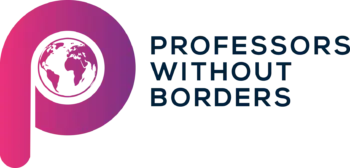Programmes
In 2023 our programmes reached almost 800 students across 7 countries. These programmes last between three days and two weeks and run according to the LSE Summer School model. They consist of several short courses and/or workshops for students and faculty.
We operate programmes upon the invitation of a host university and work closely with them to develop a subject-agnostic and skills-focused programme that suits and benefits their students.
Latest Programmes
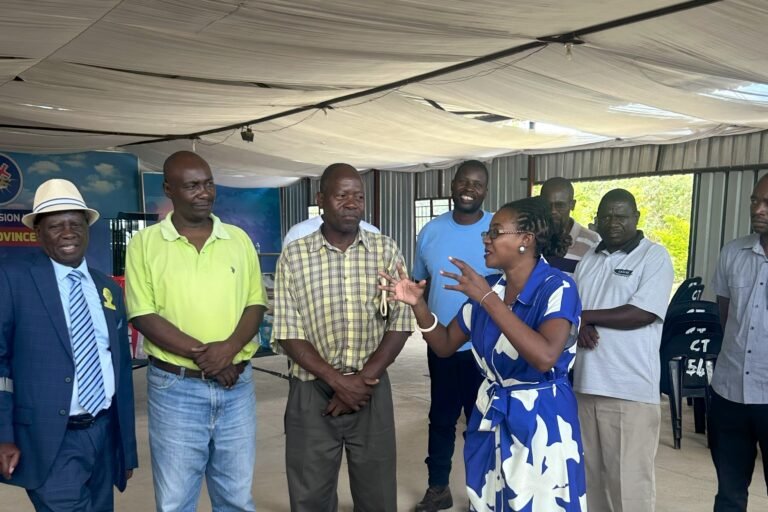
Africa Healing Foundation, Zimbabwe
Our first programme of 2024 was in collaboration with a former partner, the Africa Healing Foundation (AHF), but in a new country: Zimbabwe. A team of four volunteers spent a week in Harare teaching undergraduate students at the Women’s University in Africa and the Catholic University of Zimbabwe, as well as AHF volunteers. This programme focused on financial literacy, mental resilience, and career readiness to enhance the learners' confidence and preparedness for their future careers.
Our 2023 Programmes
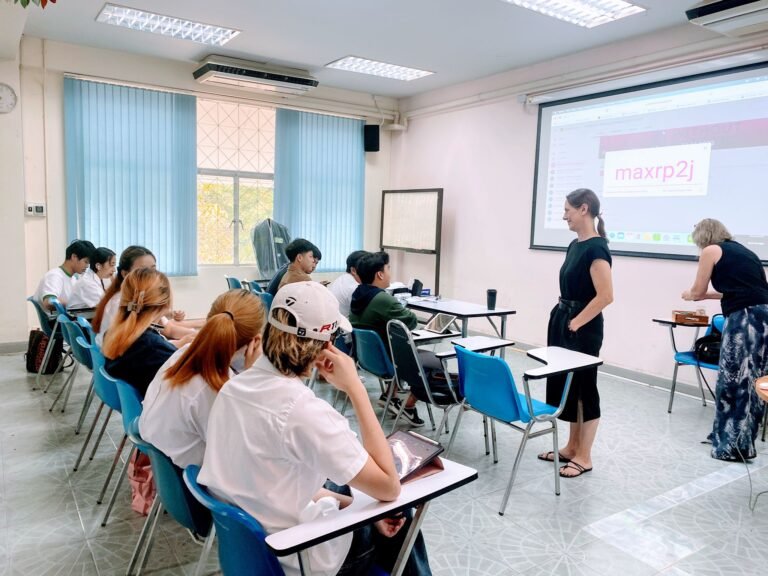
Maejo University, Thailand
Following a similar model to our programme at SWU, we conducted another project at Mae Jo University in Chiang Mai, Thailand. A thorough grasp of the Sustainable Development Goals (SDGs) is crucial for individuals to become proactive change-makers and promote sustainable development within their communities. The emphasis on SDGs was presented as a broader, international approach to learning, with a specific focus on environmental issues and equality.
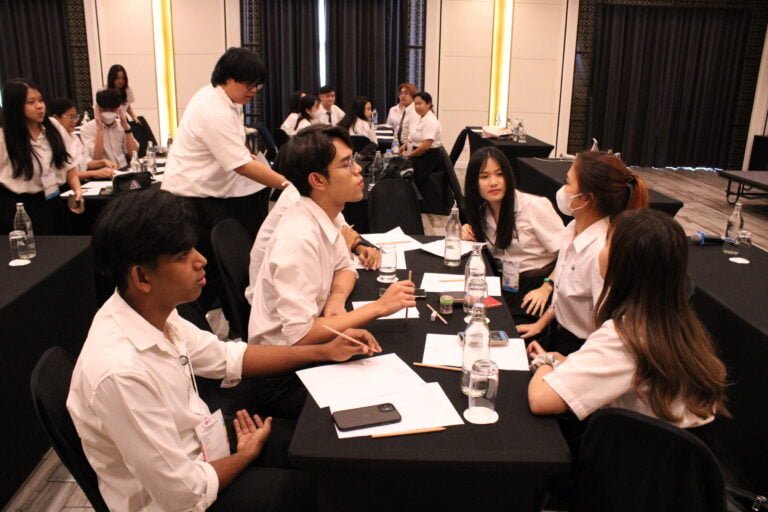
Srinakharinwirot University, Thailand
Our intensive three-day program at Srinakharinwirot University in Bangkok, Thailand, centered around Sustainable Development Goals (SDGs). Participants acquired a comprehensive understanding of SDGs, along with essential skills such as analysis, presentation, group work, and personal reflection. In collaboration with our volunteer professors, the programme featured a guest session from the UNDP and included field trips into Bangkok city, providing participants with opportunities to apply their SDG knowledge and skills to benefit their community.

Africa Healing Foundation, Kenya
This early August programme was a series of workshops aimed to start to demystify and destigmatise mental health and well-being by opening discussions on stress, anxiety, and depression, while teaching techniques for stress management and building self confidence. Each day, the team worked with a different target group. In rural areas: unemployed youths aged 16-25; young people from 6- 16; and senior citizens. Prowibo worked with AHF to deliver a Stress Management and Mental Health Strategies workshop for faculty at the University of Nairobi.
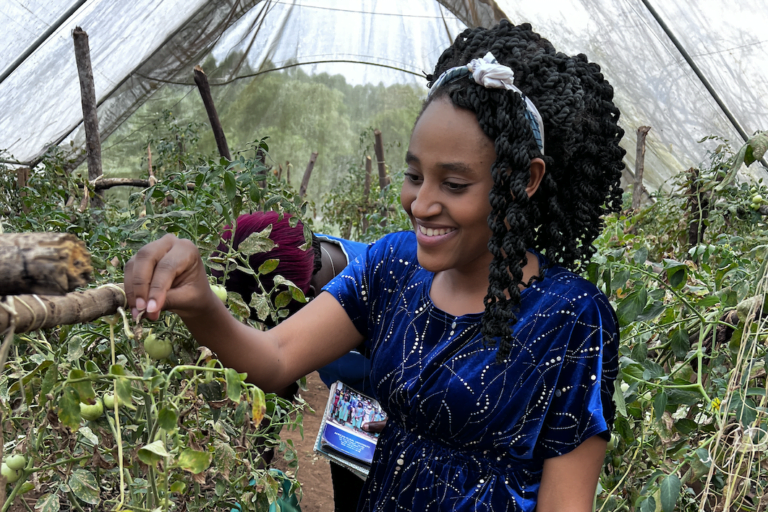
URDT Girl’s School, Uganda
The URDT Girl’s School participants were taught how to effectively integrate technology in the classroom and streamline their own workflow through courses such as Integrating Technology in the Classroom and Teaching with Technology for Today and Tomorrow. 21st-century learning requires a comprehensive understanding of technology, in and out of the classroom, and the learners finished the programme with this knowledge.
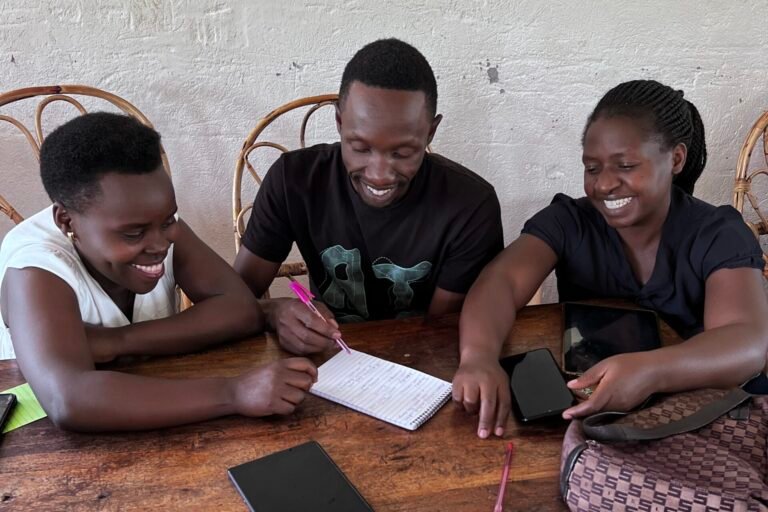
African Rural University, Uganda
In August, Professors Without Borders revisited Uganda, where participants from Africa Rural University gained valuable insights into a new approach for generating "actionable" knowledge. This method equips communities with practical solutions to address their unique challenges. Moreover, these participants are now poised to become trainers on enhancing nutrition and overall health. The learning experiences were facilitated through specialised courses such as "Foundations of Participatory Action Research" and "From Farm to Table."
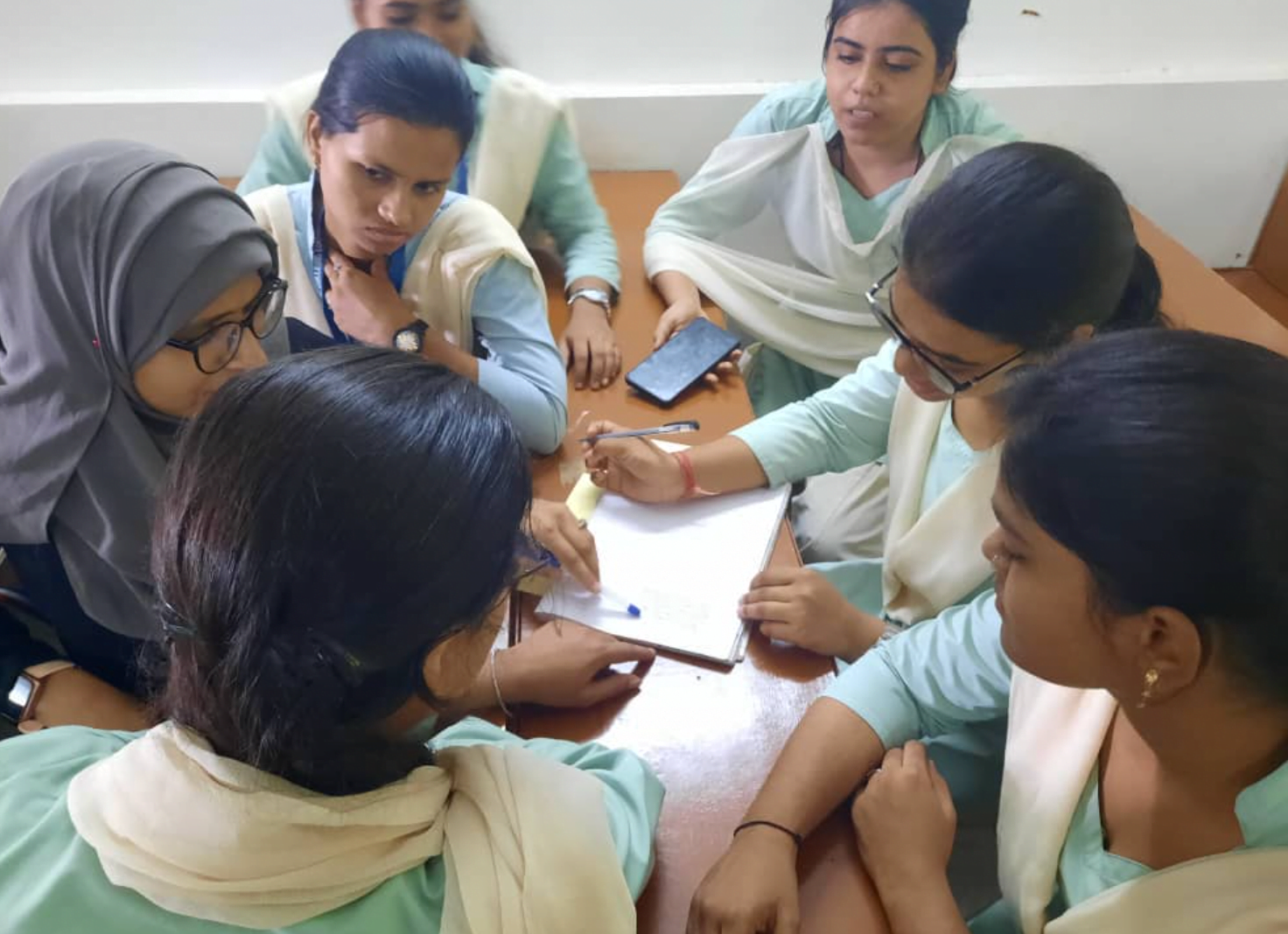
Karamat Husain Muslim Girls P.G. College, India
Karamat Husain Muslim Girls P.G. College is one of our oldest partners which is why it is always an honour to return to Lucknow, India this August. This year two of our volunteer professors from Africa flew to India for a week long programme for female empowerment by developing the tools necessary for mental resilience and financial literacy, as well as exploring how gender equality manifests at the individual and collective levels, and the power and pathways for civil society to create gender equality .
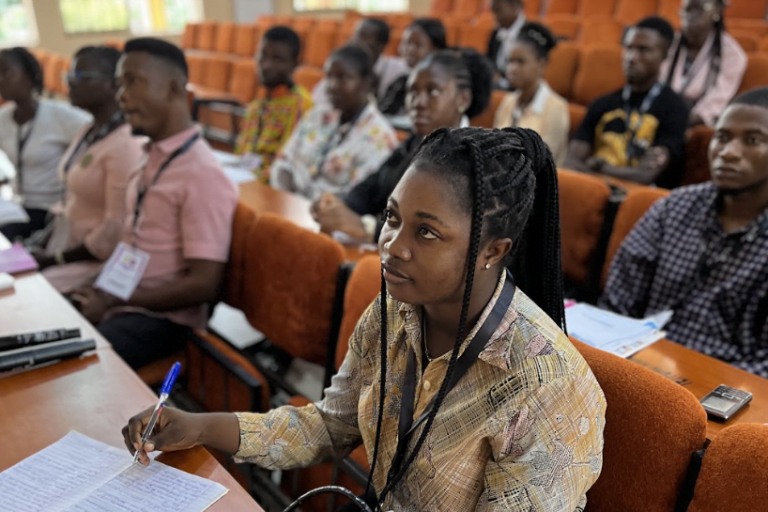
Ekiti State University, Nigeria
Following our program in Lagos, the Nigeria team ventured up-country to Ado-Ekiti for our first-ever program at Ekiti State University (EKSU). This program followed suit as the previous one but with the special addition of a Finance for Africa course from one of our long-standing volunteers now based in Nigeria

University Of Lagos, Nigeria
This July, we delivered our second project at the University of Lagos (UNILAG). This program targeted two groups of learners: undergraduate students and the UNILAG faculty. The students were engaged in Sustainable Development, Financial Literacy, and Entrepreneurship courses. Meanwhile, the faculty explored the topic of inspirational leadership.
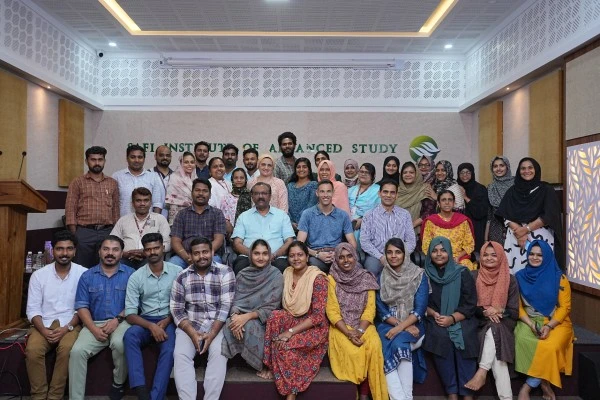
Social Advancement Foundation of India (SAFI), india
Also in May, we delivered a faculty development programme for our new partner in Kerala, the Social Advancement Foundation of India. The programme began with three weeks of online classes and culminated in a one-week in-person workshop series. Being an Inspiring Leader helped participants develop the interpersonal teaching skills they need to motivate and inspire students. The course covered the latest research in motivation, goal-setting theory, and pedagogical practices. The Online Curriculum Design course helped participants develop the skills they need to design and deliver online courses, using instructional design principles for remote teaching and learning and provided them with theoretical and practical knowledge.
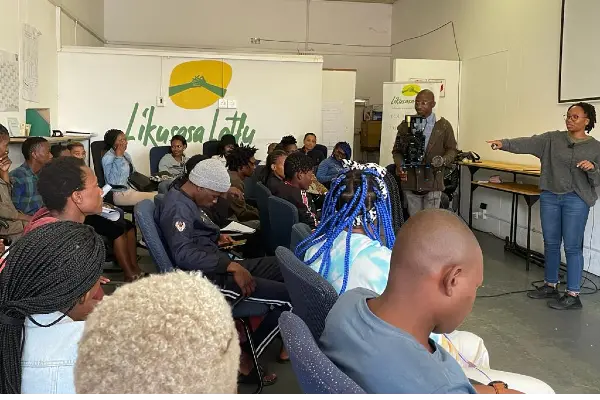
Likusasa Letfu, Eswatini
In May, we launched our first programme in Eswatini with the locally-based non-profit to nurture young entrepreneurs. The programme targeted individuals aged 18-30 and focused on providing essential soft skills, communication, critical thinking, entrepreneurial thinking, financial literacy, and futures thinking. The programme empowered participants, reduced vulnerability, and promoted equity in their communities.
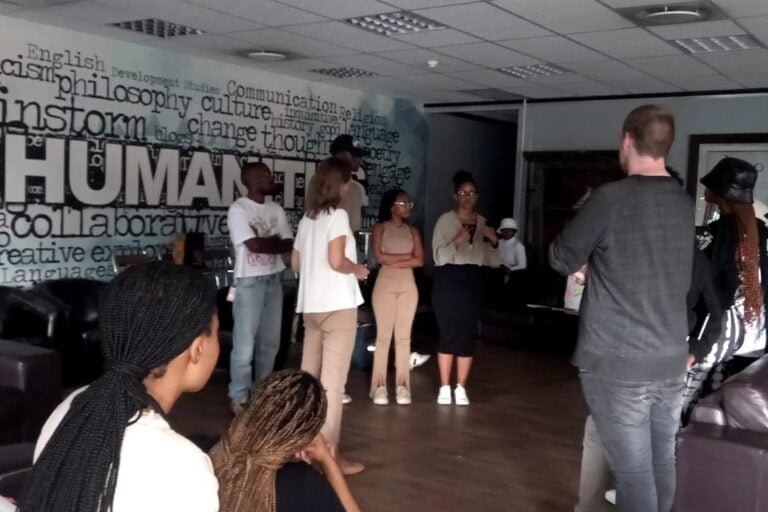
University of Johannesburg, South Africa
In March, we visited the University of Johannesburg to meet with students and educators in the Faculty of Humanities. The visit established a partnership between our Think Tank and UJ to foster collaboration in research, teaching, and learning. During the visit we delivered a workshop for humanities students entitled "The Basics: Building Your Network In A Complex World. Then in collaboration with the Teaching and Learning Committee we ran a faculty workshop under the theme "Higher Education Assessment Strategies in a Changing World.”
Our 2022 programmes
See More

Back to Basics, Kenya
In January, we launched the first part of our programmes with Back to Basics with an online programme on ‘Building Resilience and Mental Well-Being’. This was followed up by an in-person programme in Nairobi in March, that had classes on tackling hate speech, online security, and utilizing social media.
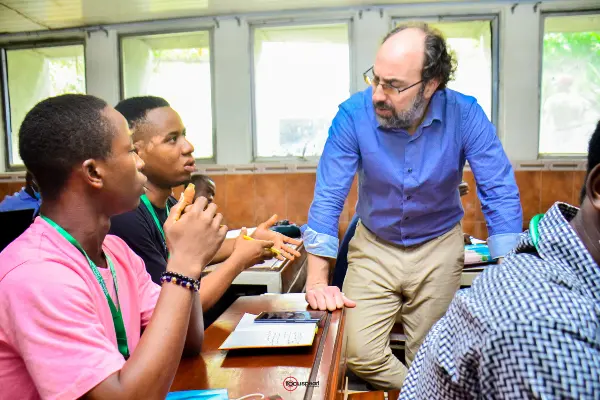
University of Lagos, Nigeria
In March, Prowibo started its first project in Nigeria with our partners at the University of Lagos, where we ran programmes for both students and faculty. Our programme for staff focused on the challenges and opportunities of 21st-century teaching, while our student programme had classes on African finance, financial literacy, personal branding, and entrepreneurship.
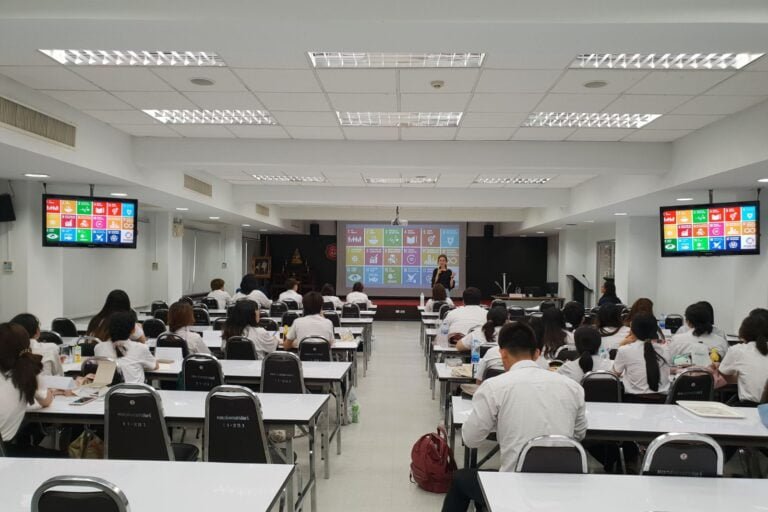
Srinakharinwirot University, Thailand
We ran an online programme on ‘21st Century Skills & the Sustainable Development Goals’ with our local partners in Thailand - Srinakharinwirot University. This included courses on futures literacy, design thinking and pitching.

Ministry of Youth and Sports, Guinea
Collaborating with the Guinean Ministry of Youth and Sport, we taught a Francophone programme on entrepreneurship and well-being to 50+ students. This included classes on presentation skills, working with small and medium businesses, and physical exercise sessions.
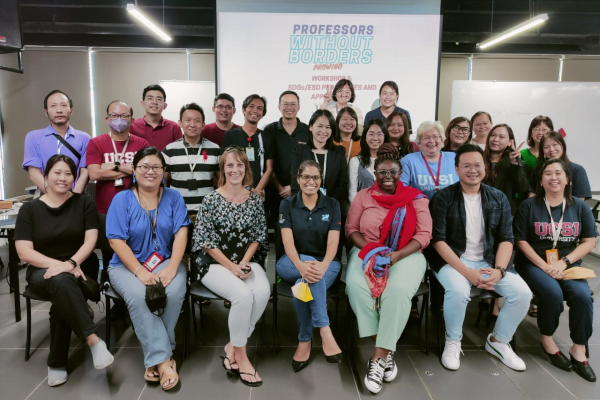
UCSI KL & Kuching, RCE Kuching, Malaysia
In May, our volunteers travelled to Malaysia to deliver programmes for students and faculty at UCSI KL & Kuching and RCE Kuching. Students undertook workshops on ‘Leadership and the SDGs’ and staff took part in our ‘Practical Strategies for ESD (Education for Sustainable Development)’ workshop. We also held a joint conference with UCSI University and the Regional Centre for Expertise on Education on “Science & Sustainable Development: Rebooting a Decade of Action with STEM Education” at UCSI University in Kuala Lumpur.
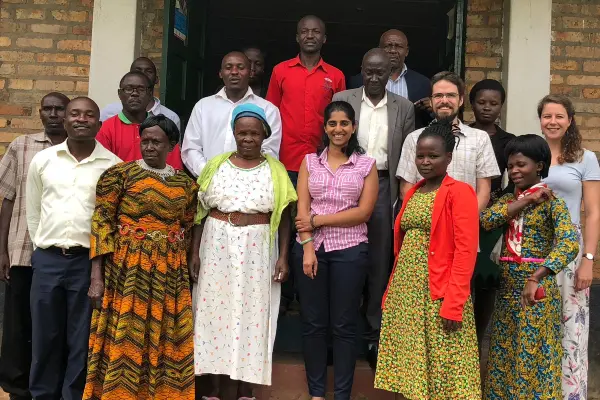
African Rural University & URDT Girls’ School, Uganda
In August, we returned to our long-standing partner, the African Rural University. On this visit, we held courses for women and faculty to develop their entrepreneurship, leadership and self-defence skills. We also launched a new programme at their sister primary/secondary school, URDT Girls’ School upskilling faculty to teach for the 21st century.
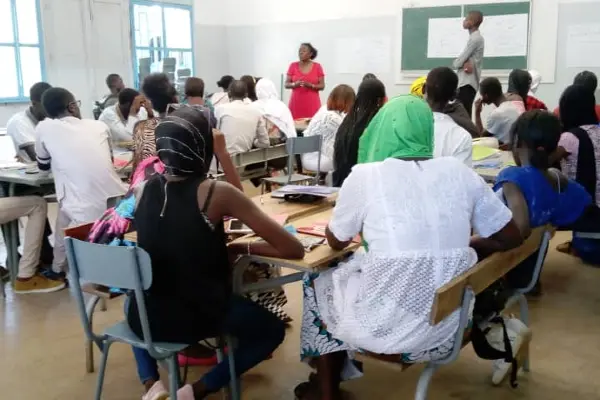
Le Réseau des Clubs Scientifiques du Sénégal (RCSS), Senegal
In August, we ran our second Francophone programme for 2022, visiting the RCSS in Senegal to teach a course on social entrepreneurship. In the second week, our ‘Act & Inspire’ programme taught a second group of 50 marginalised young people. The course explored leadership, empathy, collaboration, and social entrepreneurship.
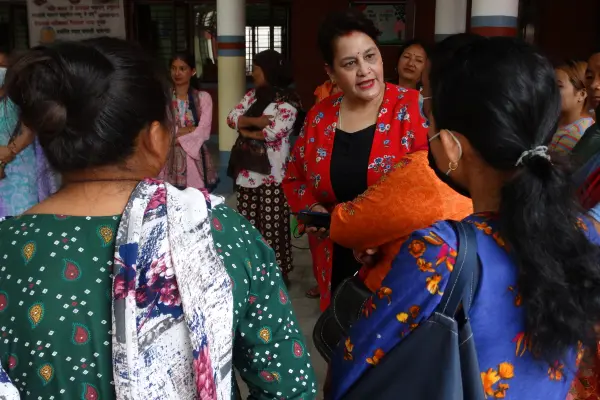
Institute for Integrated Development Studies (IIDS) & Zonta Club of Kathmandu, Nepal
In September, we ran our first programme in Nepal with the Institute for Integrated Development Studies (IIDS). Our two week programme featured courses on Circular Economy and Design Thinking, Sustainable Development, Inclusive Development Leadership and Communication and Confident Communications. The programme concluded with a roundtable discussion to evaluate the courses as well as share perspectives on the future of development politics and economics.
If you would like to support our work, please consider making a donation. Alternatively, for more information or to get involved – contact us.
